I am deep into a Future of Work project that fuses automation and humans together in the workforce.
As part of my approach, I always dig into the classics and history — as current life is usually a recycled version from another point in time. The process and the framework may change, but the human part not so much. I dug these beauties out today from The Age of Paradox, by Charles Handy (1994). Seemed relevant for a hump day post.
“We all need something to do. It is hard to see why there should be a shortage of it, yet enforced idleness seems to be the price we pay for improved efficiency….The result is that some people have work and money but too little leisure time, while others have all the leisure time but no work and no money. Those who are idle do not see it as a privilege but as a curse because they tend to be at the bottom of the heap.”
“Work is society’s chosen way of distributing income. We will do even boring work for the money it brings.”
“Our organizations want the most work for the least money while individuals typically want the most money for the least work.”
This 15 year old paradox was surfaced last night by John Hagel at a DisruptHR event in the Bay Area discussing Future of Work and disruption, he asked, “ What should work be?”
The fear of automation is just that. Fear. Fear of the unknown. Fear of uncertainty. Fear of losing our jobs. That is aided and abated by CEO’s who ask, “How quickly can I automate?” and “How quickly can I cut costs?”.
This points to motivation. The why behind the questions and the fear. If we only see through lens of Wall Street and shareholder value (cloak for profit and margins) and not the bigger picture of stakeholder value as espoused by 181 CEO’s from the Business Roundtable, then were are we heading and for what purpose?
What narrative lens do you bring this topic?

